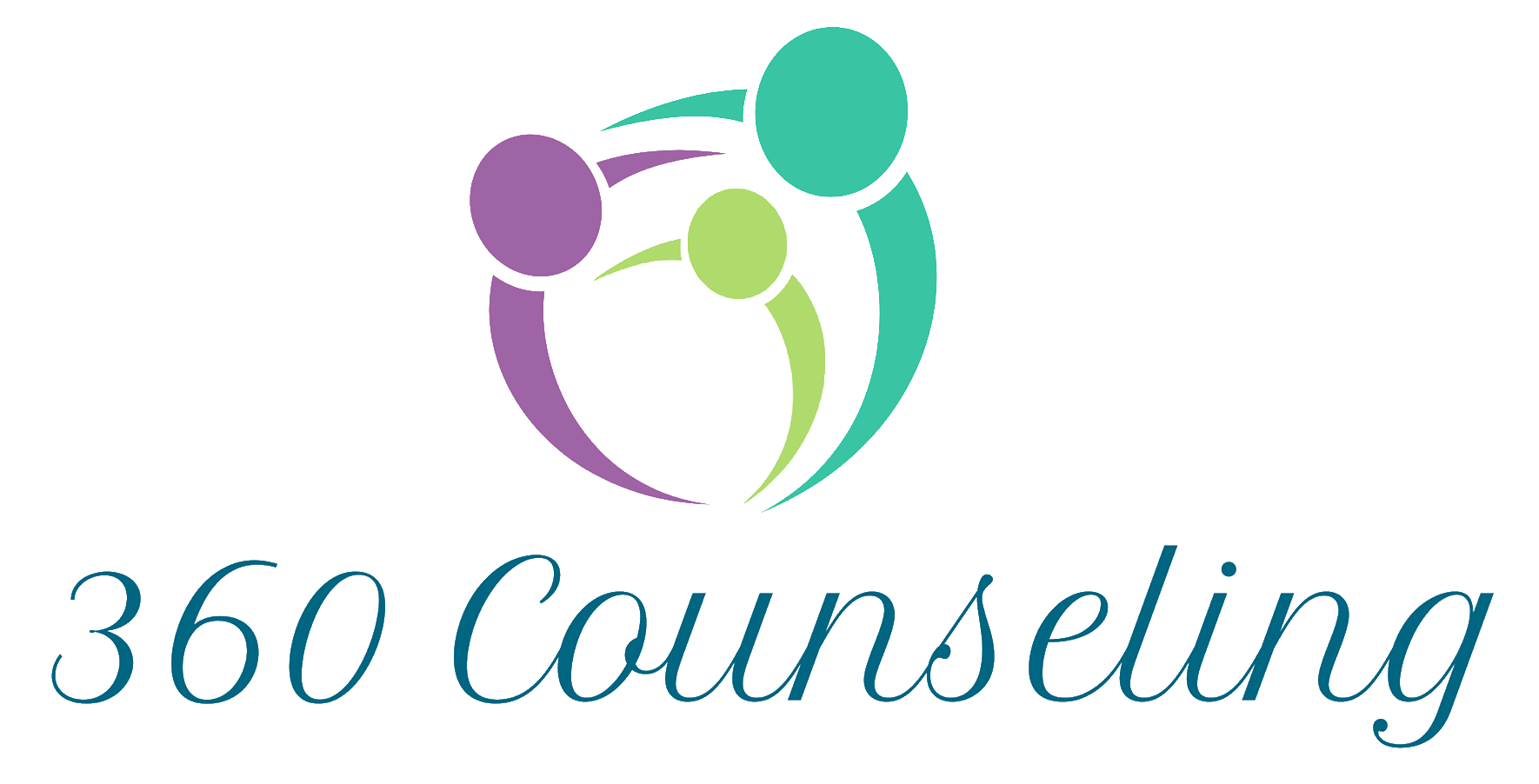Signs and Symptoms of ASD
People with ASD have difficulty with social communication and interaction, restricted interests, and repetitive behaviors. The list below gives some examples of the types of behaviors that are seen in people diagnosed with ASD. Not all people with ASD will show all behaviors, but most will show several.
Social communication / interaction behaviors may include:
- Making little or inconsistent eye contact
- Tending not to look at or listen to people
- Rarely sharing enjoyment of objects or activities by pointing or showing things to others
- Failing to, or being slow to, respond to someone calling their name or to other verbal attempts to gain attention
- Having difficulties with the back and forth of conversation
- Often talking at length about a favorite subject without noticing that others are not interested or without giving others a chance to respond
- Having facial expressions, movements, and gestures that do not match what is being said
- Having an unusual tone of voice that may sound sing-song or flat and robot-like
- Having trouble understanding another person’s point of view or being unable to predict or understand other people’s actions
Restrictive / repetitive behaviors may include:
- Repeating certain behaviors or having unusual behaviors. For example, repeating words or phrases, a behavior called echolalia
- Having a lasting intense interest in certain topics, such as numbers, details, or facts
- Having overly focused interests, such as with moving objects or parts of objects
- Getting upset by slight changes in a routine
- Being more or less sensitive than other people to sensory input, such as light, noise, clothing, or temperature
People with ASD may also experience sleep problems and irritability. Although people with ASD experience many challenges, they may also have many strengths, including:
- Being able to learn things in detail and remember information for long periods of time
- Being strong visual and auditory learners
- Excelling in math, science, music, or art
